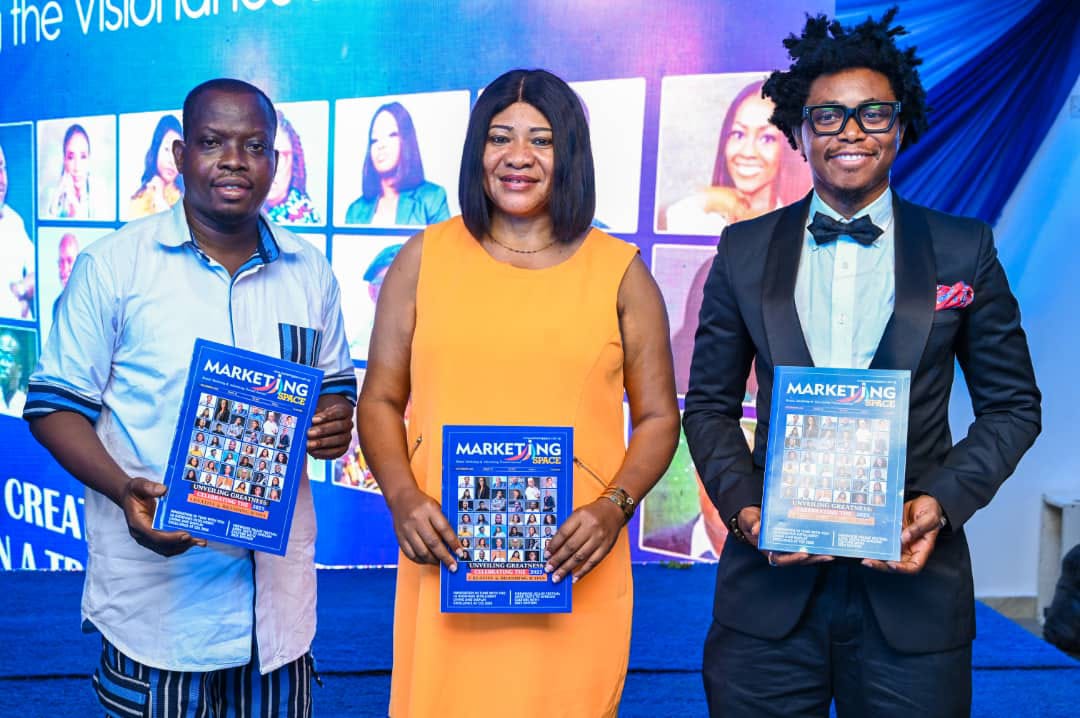Common Ground (SFCG), a non-profit organisation, has conducted media training in Delta State, specifically in Asaba, focusing on conflict-sensitive reporting and peacebuilding through journalism.
These trainings aim to equip journalists with skills to report responsibly, avoid sensationalism, and promote positive narratives of peace and dialogue in the Niger Delta region, as part of a broader project funded by the European Union.
Speaking at the event, Common Ground’s Mass Media and Information Management Coordinator, Sunny Dada, stressed that in a region often burdened by communal disputes and violent flashpoints “sensationalism is inimical to peace building in conflict-prone societies.”
Dada called on journalists to reject narratives that exacerbate tensions and instead embrace their role as agents of dialogue, understanding, and social cohesion.
“The training underscored the significant role the media plays in conflict dynamics—both in aggravating tensions and in fostering peace. With numerous communities in Nigeria, including those in Niger Delta region, locked in persistent land disputes and ethno-religious crises, the media’s portrayal of these issues often influences public sentiment and policy response,” he stressed.
The outfit’s Mass Media and Information Management Officer, Folasade Seye-OJo, at the training, criticised what she described as the entrenched habit of Nigerian media to report conflicts through ethnic, religious, and political prisms, often ignoring nuance in favour of divisive narratives.
Seye-Ojo, however, urged journalists to abandon poor news judgment, conflict insensitivity, and commercially driven reporting that prioritise clicks over credibility.
Other speakers said: “The media hungrily feeds on conflict—especially when it gets violent, but undoubtedly, conflict attracts attention because the media is always there to amplify it—for better or for worse.”
Central to the training was the concept of Conflict Transformation, which positions journalists not merely as observers but as stakeholders capable of influencing the trajectory of disputes.
In today’s interconnected world, the dynamics of conflict and communication are being reshaped by digital platforms.
The training introduced participants to digital peace building strategies, emphasising the importance of digital literacy in a media landscape increasingly dominated by social media and instant messaging platforms.
Participants explored how Facebook, Twitter (X), WhatsApp, TikTok, and other platforms are not only vehicles for disinformation but can also be harnessed to promote peace, counter hate speech, and mobilize community-driven responses to violence.
One session, titled, “Using Our Reports to Build Peace in Violent Areas” explored how journalists could leverage storytelling and real-time reporting to calm tensions during crises.
Tools for conflict-sensitive reporting, fact-checking in volatile environments, and mapping digital narratives were also demonstrated.






